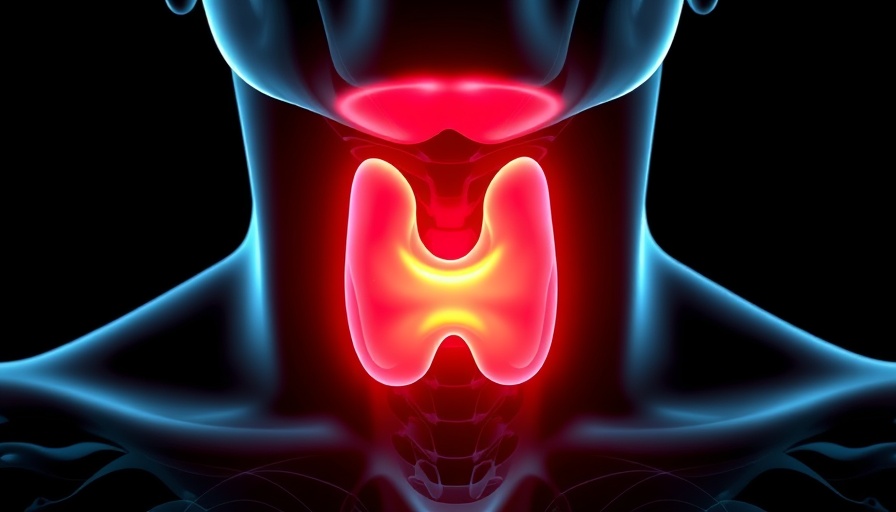
Understanding the Overlap Between Addiction and Cancer
The connection between addiction and cancer is complex and multifaceted. As research expands, we find that patients dealing with substance use disorders (SUDs) often face greater challenges during their cancer treatment, leading to poorer health outcomes. Individuals who engage in substance misuse can have their cancer care seriously hampered, as a recent article indicates that many oncology practitioners lack preparation to address the duality of addiction and cancer.
The Hidden Risks of Substance Use in Cancer Patients
Patients diagnosed with cancer are often exposed to opioid therapies, which, while critical for pain management, increase the risk of developing opioid use disorders (OUDs). These risks are compounded by the mental health challenges that can accompany a cancer diagnosis, leading patients to use substances for coping. A study suggested that there is a prevalence of substance use rates ranging from 2% to as high as 35% in oncology patients, bringing to light the crucial need for awareness in treatment environments.
Why Awareness Matters: The Double Burden
The stigma associated with substance use can prevent patients from disclosing their habits, which further complicates their treatment plans. Notably, addiction is a chronic, relapsing illness, and addressing it alongside cancer treatment can lead to better health outcomes.
Call for Holistic Approaches in Cancer Treatment
Integrating harm reduction tactics into oncology practice emerges as a potential pathway for providers. Screening all patients for substance use as part of their routine assessment can help ensure that those needing support aren’t left without it. Furthermore, open conversations between healthcare providers and patients about substance misuse can foster trust, making it easier for patients to seek help.
Moving Forward: The Role of Community and Support
Cancer care should be comprehensive, not only focusing on the disease but also on the mental health of patients. Empowering healthcare providers with knowledge about addiction can pave the way for better support systems and ultimately improve the survivability and quality of life for patients grappling with both addiction and cancer.
As we uncover the hidden biology behind these interconnected struggles, the next steps should involve community initiatives to enhance sensitivity and understanding around these issues in healthcare settings.
 Add Row
Add Row  Add
Add 



Write A Comment